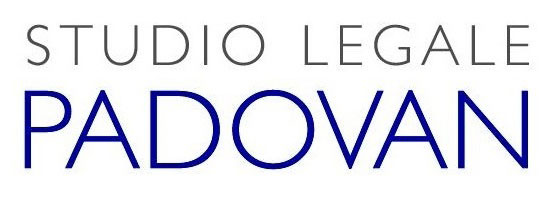“Many people meet the challenge, and everyone is fighting against epidemic. The force majeure of the China Council for the Promotion of International Trade proves that we are going through the difficult times with you”: this is the notification posted on the website of the China Council for the Promotion of International Trade (“CCPIT”).
The spread of Coronavirus is highly affecting international trade (and, consequently, the global supply chain) due to many factors, including the interruption of business activities in Chinese factories and ports as well as the modifications of trade routes.
The Chinese government has tried to mitigate these adverse effects through the so-called Certificate of Force Majeure (“the Certificate”) which can be issued by the CCPIT. Only Chinese companies (including the Chinese branches of foreign companies) can apply for the issuance of the Certificate and the application shall be submitted through the online platform (https://www.rzccpit.com/userlogin.html) to the competent branch of CCPIT in the place where the applicant entity is registered.
The application shall include – together with the contract entered into by the applicant whose performance has been prevented/delayed – proper documentation giving evidence that the delay/unfulfillment of contractual obligations has been directly caused by the effects of Coronavirus (e.g. public statements on the shutdown of factories in the area of the applicant).
It must be outlined that the document only certifies a factual background. The qualification of the facts as force majeure events – which, therefore, could excuse the nonperformance of the contract – is thus left to the competent judge pursuant to the law applicable to the relevant contract. This circumstance is rather important when Chinese counterparties invoke force majeure to ground the un-fulfillment of their obligations (e.g. cases where Italian companies cannot come into possession of products regularly paid since Chinese banks are closed and no one can receive the payment).
Worth noting that Italian law does not expressly define the concept of force majeure, which is generally defined as an unforeseeable, unavoidable and insurmountable event which makes it impossible for the affected party to perform its contractual obligations. However, the notion can be broadly compared to the one provided by Article 1256 of the Civil Code (“impossibilità sopravvenuta”), stating that the obligation ceases to exist when the performance becomes impossible due to a reason which cannot be considered debtor’s responsibility.
The International Chamber of Commerce, on its side, drafted a clause in 2003 (we do not expect that the text of the clause will be substantially modified in the 2020 version) pursuant to which the debtor – should the events specifically listed in the clause occur – does not have to prove the requirements of unforeseeability and unavoidability.
In case the fulfillment of the obligation has not become impossible – and the party is only temporarily unable to perform – the notion of “eccessiva onerosità sopravvenuta” (provided by Article 1467 of the Italian Civil Code) may better fit for dealing with the actual circumstances. Eccessiva onerosità sopravvenuta can be indeed defined as an event – unrelated to normal commercial risks or to force majeure events as described above – which renders the contractual performance manifestly unfair (i.e. excessively onerous) for the party affected.
In case of eccessiva onerosità sopravvenuta, the affected party is entitled to (i) terminate the contract or (ii) re-negotiate the contractual terms in order to counter the adverse effects of the event and re-establish the balance among contractual obligations.
Interestingly, eccessiva onerosità sopravvenuta could be broadly compared to the notion of hardship in common law or to the “objective change of circumstances” which allow the Chinese courts to terminate a contract or amend its relevant terms where any significant and objective change in the circumstances has taken place after the conclusion of the agreement.
In short, it will be up to commercial operators to decide whether pursuant to applicable laws – independently from the obtainment of the Certificate – the force majeure event can be invoked (by giving evidence that the performance has become impossible because of the adverse effects of Coronavirus) or to rely on the notions of eccessiva onerosità sopravvenuta, hardship or “objective change of circumstances” in order to re-negotiate the relevant contractual terms. To the best of our knowledge, this last option appears to be more advisable.
While we hope the information above can be useful, we remain available to provide our clients any assistance they might require in this delicate matter.
